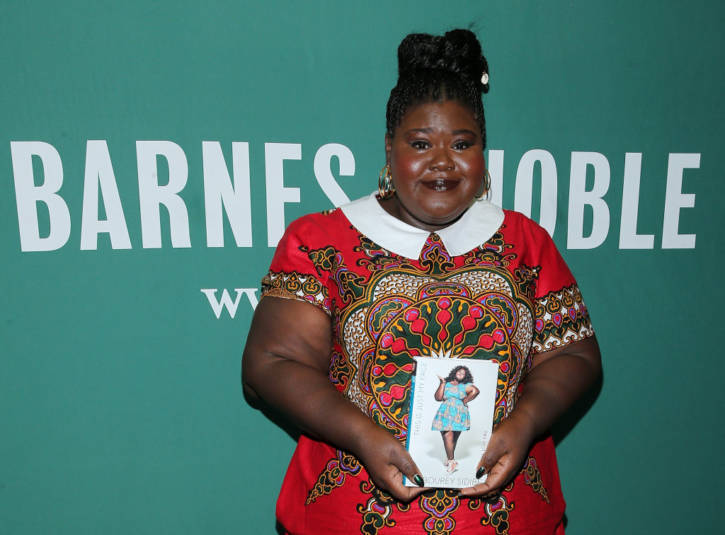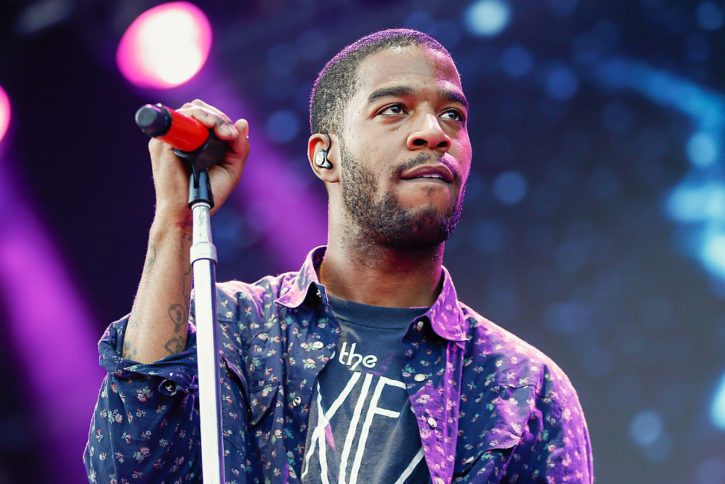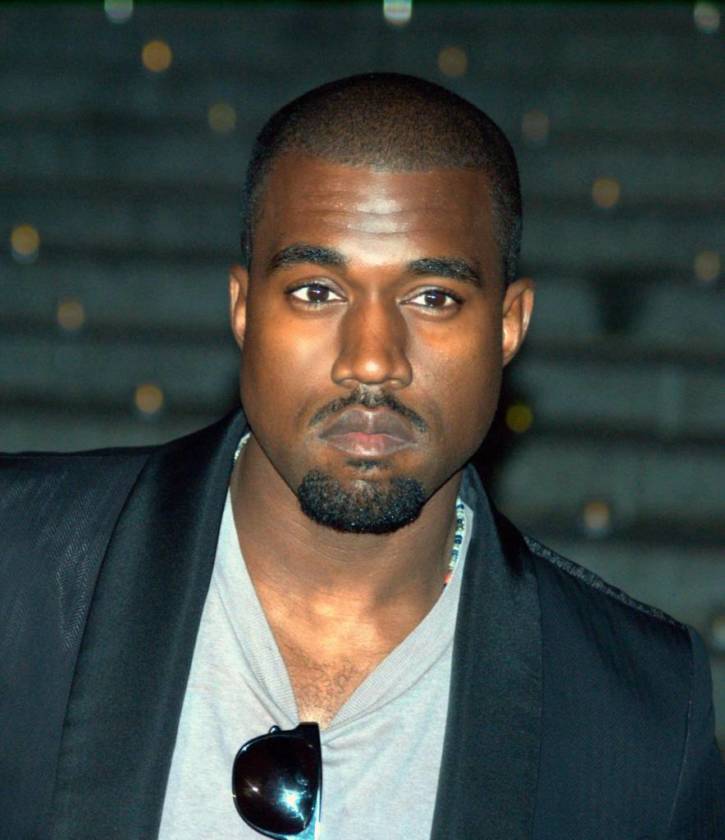While mental illness is the number one health issue affecting young people in the United States - surpassing both asthma and diabetes – the stigma surrounding depression, anxiety and bipolar disorders, among others, within minority communities has led to an uptick in adverse outcomes.
As one who was diagnosed with clinical depression in 2005 – behavior which was written off as rebellion as a child – I can attest to the U.S. Surgeon General’s belief that the disparity is the result of many factors including: a lack of culturally competent services, mistrust of health professionals, as well as stereotyping of individuals living with mental health issues.
In 2016, nearly two-thirds of people with a diagnosable mental illness neglected to get help, with “racial and ethnic groups in the U.S.” even “less likely” to seek treatment, the Anxiety and Depression Association of America reports. Furthermore, mental illness affects one in five adults and one in 10 children in America, according to the Substance Abuse and Mental Health Services Administration (SAMHSA).
Still, it’s important to note that mental illness does not discriminate based on race, color, gender, identity or even social status. In fact, as the suicide rate among Black children has nearly doubled since the early 90s, protecting emotional/mental health has become vital from the hood to Hollywood. That is why the following star’s vulnerability is so important. By using their platform to touch on their personal struggle with mental health, they have not only created awareness, but let sufferers know that they are not alone.
Halle Berry

“I was sitting in my car, and I knew the gas was coming when I had an image of my mother finding me,” she once told Parade magazine about her thoughts of suicide. “She sacrificed so much for her children, and to end my life would be an incredibly selfish thing to do. My sense of worth was so low. I had to reprogram myself to see the good in me. Because someone didn’t love me didn’t mean I was unlovable. That’s what the break-up of my marriage reduced me to. It took away my self-esteem. It beat me down to the lowest of lows.”
Gabourey Sidibe

“I just accepted depression as something that’s part of my anatomy; it’s part of my chemistry, it’s part of my biology,” Sidibe recently told People. “When it’s too big for me to just turn around on my own, I see a therapist. I see a therapist anyway. We all should see a therapist. If only for the hour a week that you can talk about yourself and not worry about monopolizing the conversation? F—ing do it, it’s worth it!”
Kid Cudi

“It’s been difficult for me to find the words to what Im about to share with you because I feel ashamed. Ashamed to be a leader and hero to so many while admitting I’ve been living a lie,” the rapper began in a Facebook post. “Yesterday I checked myself into rehab for depression and suicidal urges…My anxiety and depression have ruled my life for as long as I can remember…I guess I give so much of myself to others I forgot that I need to show myself some love too. I think I never really knew how. Im scared, im sad, I feel like I let a lot of people down and again, Im sorry. Its time I fix me. Im nervous but ima get through this.”
Kanye West

In late 2016, the rapper was admitted to Los Angeles's Ronald Reagan UCLA Medical Center and placed under observation after suffering what was dubbed both a “serious psychiatric problem” as well as “exhaustion and sleep deprivation.” At the time, an unnamed source told People magazine that West generally has "big ups and downs, but this bout seems to be much more serious. In the hospital, he has been very paranoid and is under constant watch for his safety." In the weeks following, fans would learn that the anniversary of his mother’s death married with the demands of his tour triggered the break.
Michelle Williams

“I’ve dealt with depression,” she once told ABC News. “I had to choose to get out of bed and do whatever I needed to do to be happy.” The Destiny’s Child alum went on to say that, “We’re taught, ‘Just go to church and pray about it. The Lord is going to heal you.’ Well, in the meantime, I believe God-gifted people, physicians, doctors, therapists — that’s your healing. Take advantage of it,” she said. “Go see a professional so that they can assess you. It’s OK if you’re going through something. Depression is not OK, but it is OK to go get help.”
If it’s one thing we can take away from each star’s story, it’s that internalizing feelings of anger, sadness, restlessness, guilt, etc. is not a resolution but further feeding the issue. With help, you can come out of a dark place.
If you believe that you or a loved one is experiencing a mental health crisis, know that there is no shame in asking for help. Contact your primary health physician or locate your community mental health center to discuss treatment options. If you are having thoughts of suicide, call 1-800-273-TALK for assistance at any time.








